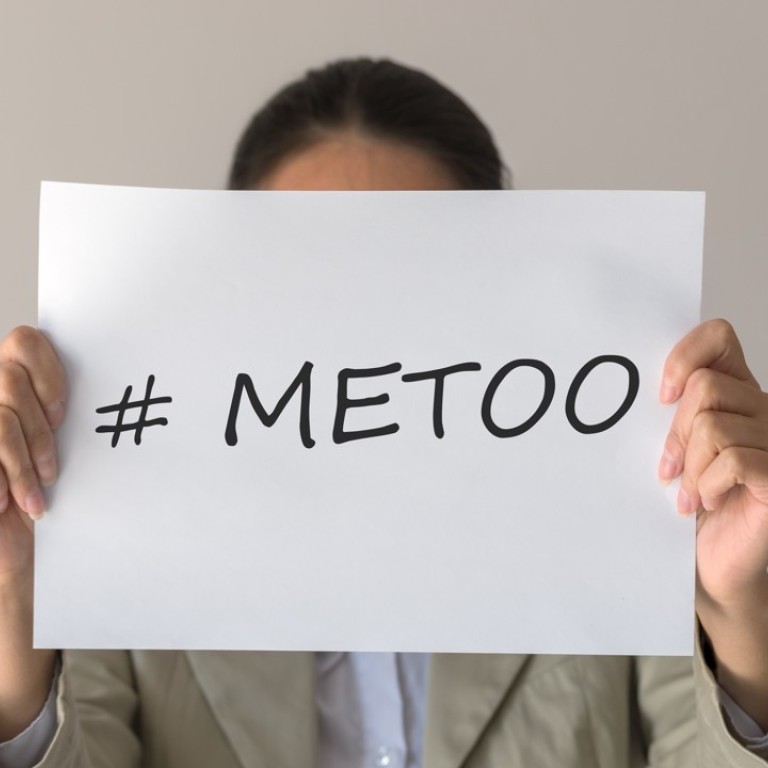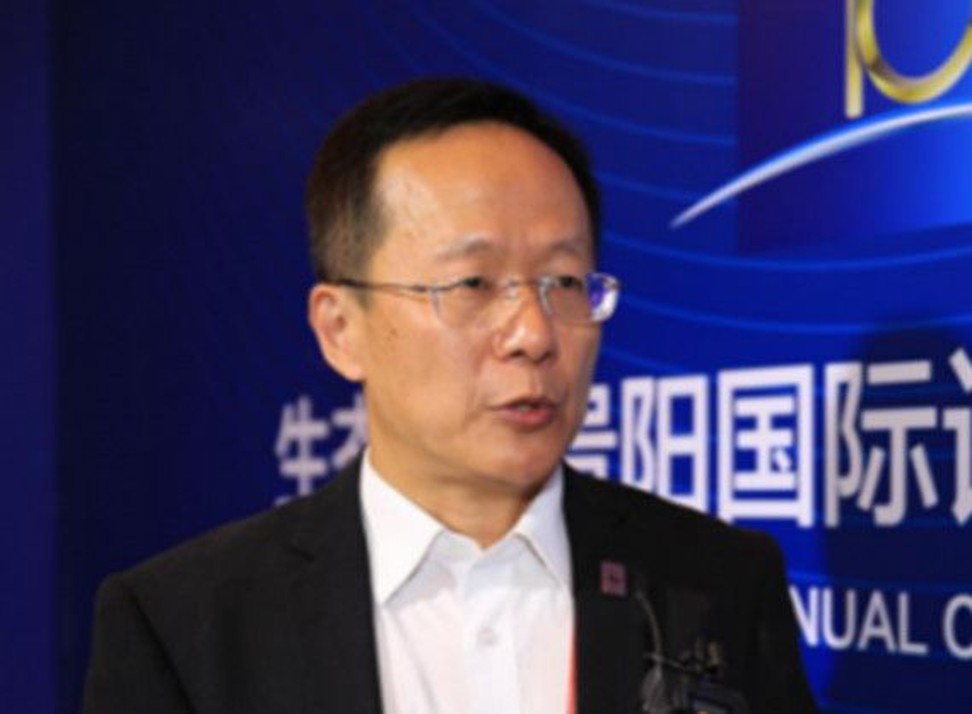
#MeToo hits WWF China as executive sues woman who accused him of sexual assault
Former accountant at wildlife conservation group says her boss forced himself on her, a charge he is now challenging
A senior executive at the wildlife conservation organisation WWF China is suing a former employee who accused him of sexual harassment in July under the #MeToo banner, according to a post on the woman’s social media account.
Wang Qi, a 28-year-old who worked as an accountant with the charity’s wildlife trade monitoring network, Traffic, on Thursday posted photos on her Weibo page of legal documents outlining a defamation suit against her.
She also said in an interview with the South China Morning Post that she had launched a counter-suit and was seeking legal advice.
China’s #MeToo movement takes a legal turn as woman applies to counter sue television star Zhu Jun
The images Wang posted on Thursday appear to show that Zhou Fei, a chief programme officer at WWF China, filed the defamation suit on August 27. They accuse her of “malicious slander” and causing “substantial damage to his reputation”.
The suit says also that Wang’s original social media post in which she made her allegations was shared more than 10,000 times on Weibo – China’s Twitter-like platform – and on other websites.
Wang is the second woman in China to have made an accusation of sexual harassment using the MeToo hashtag and then be sued by her alleged perpetrator.
Zhu Jun, a host on Chinese state broadcaster CCTV last month filed a suit against a former intern who accused him of sexual assault.
In her original post, Wang said a former boss, surnamed Zhou, at WWF China forcibly kissed her during a works outing to Xishuangbanna in Yunnan province in 2016. She said he continued to pester her and that she resigned the following year after suffering from depression.
“When I was about to quit, I told international HR, ‘Please tell my female colleagues to stay vigilant. I don’t want you to conduct an investigation until I’ve left. In Beijing I have no rights or power, I am only an ordinary person, and I am scared to death’,” she wrote.
China's #MeToo revival: famed activists, TV host and writer named
Wang said in the July post that she met WWF lawyers in April to discuss her allegations as part of a companywide investigation.
WWF China said in a statement on July 25 that an investigation into an anonymous sexual harassment complaint had taken place but that it found “insufficient evidence” of an assault.
“We have not published the results of the investigation according to the wishes of the person who raised the complaint,” the organisation said on its official Weibo page.
Wang countered those claims the same day, saying she had not seen the results of the inquiry and denied telling the company to make them public.
She also posted a photograph of her resignation letter, a copy of which she had earlier sent to her lawyer.
It read: “Unfortunately, as a result of what happened between you and me in the early hours at Xishuangbanna, I could not stop the onset of depression. After that day, the figure I respected and admired completely collapsed into a monster, into a nightmare.”
After #MeToo success, Chinese rights activists urge lawmakers to join the fight against sexual harassment
A timeline of Wang’s claims have been published on Matters.news, as some of her posts have been removed from Weibo.
“This situation involves the #MeToo movement and discussion of sexual harassment, which has already been shut off,” she told the Post.
“It involves problems with the reputation of a high-ranking manager at an international NGO with good links to the Chinese government, as well as issues with WWF’s statement, investigation and even its reputation.”
Repeated calls to WWF China’s Beijing office went unanswered on Friday.


